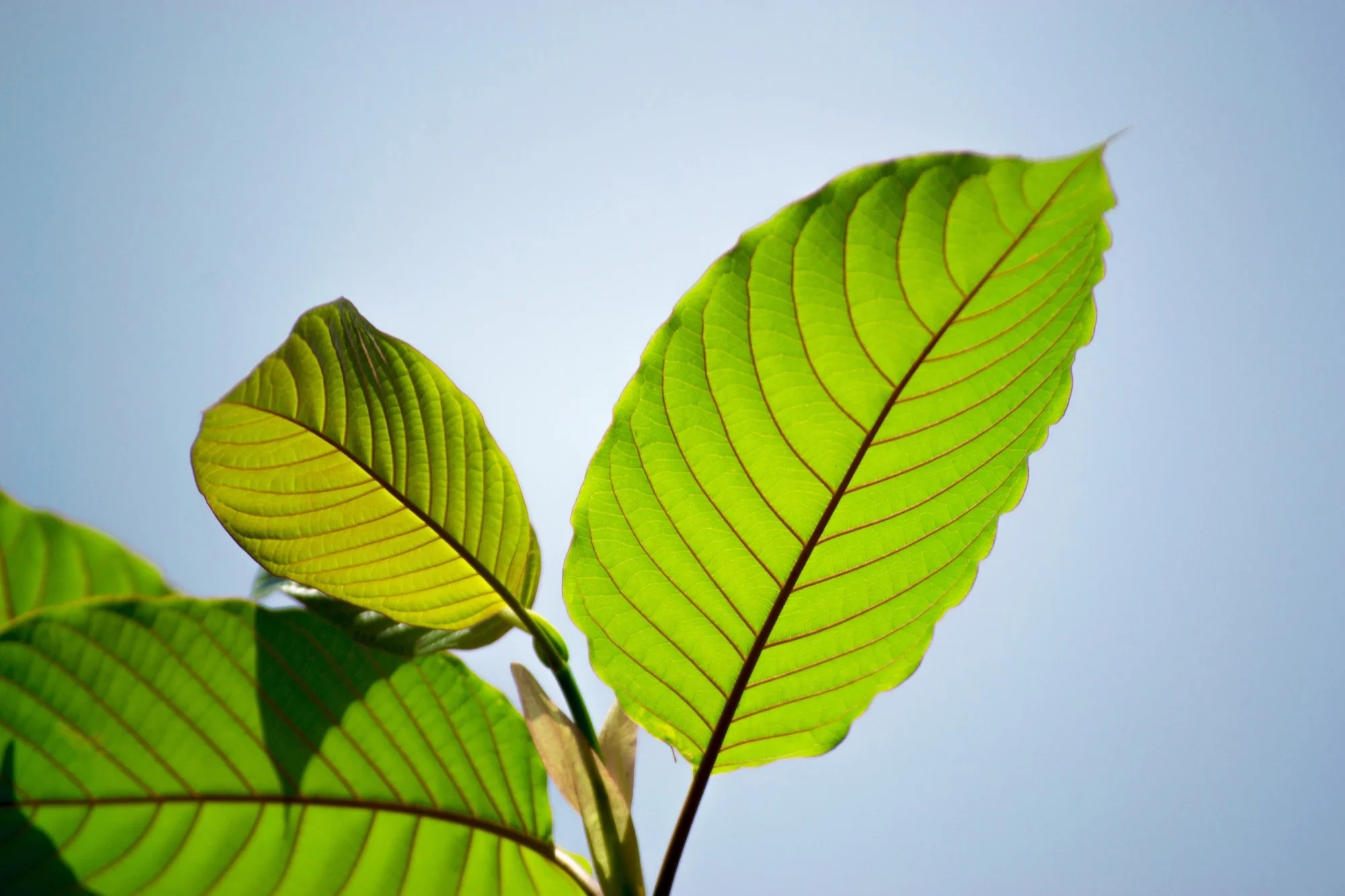A recent study published in the peer reviewed journal Fish & Shellfish Immunology found that kratom extract “has the potential to be used as a substitute for antibiotics in the management of bacterial infections in Nile tilapia.”

The study explored the effects of an ethanolic extract derived from Kratom (Mitragyna speciosa) leaves on Nile tilapia. The research aimed to evaluate the extract’s impact on growth, antioxidant capacity, immune-related gene expression, and resistance to bacterial infections caused by Edwardsiella tarda.
The study found that the extract contained significant levels of phytochemicals, including total phenolics, flavonoids, vitamin C, and antioxidants, with 5.42% of the crude extract consisting of mitragynine. Antioxidant activity was demonstrated through IC50 values for ABTS and DPPH radicals and ferric reducing power assays. Additionally, the extract inhibited bacterial growth with an MIC-IC50 value of 0.625 mg/mL and a minimum bactericidal concentration (MBC) of 2.50 mg/mL against E. tarda.
When administered orally to fingerling tilapia over eight weeks at 5–10 g/kg feed, the extract enhanced the expression of immune-related genes such as IL1, IL6, and TNFα, and improved resistance to E. tarda infections. However, higher concentrations (25–50 g/kg feed) led to reduced immune responses and increased oxidative stress. Despite these contrasting effects, the liver and intestinal histology, along with systemic functions, remained unaffected across all dosages.
“These findings suggest that the ethanolic leaf extract from Kratom has the potential to be used as a substitute for antibiotics in the management of bacterial infections in Nile tilapia culture, with a recommended dosage of 5-10 g/kg feed/day for a maximum of 8 weeks”, concludes the study. Researchers note that the results could indicate that kratom has antibacterial effects on other species.







